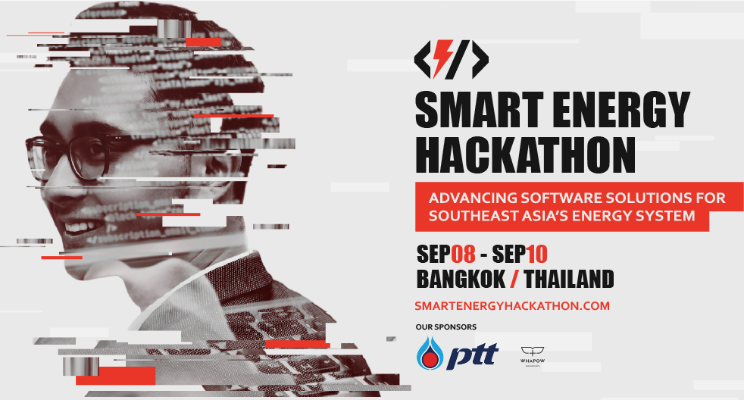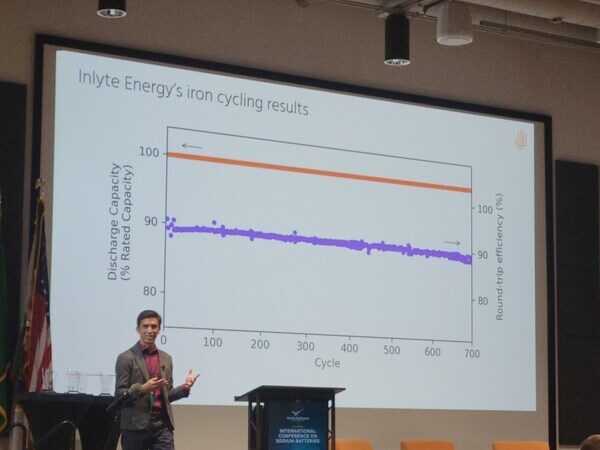As the focus is shifting from hardware to software and the digital potential is explored to provide energy solutions such as in case of blockchain, demand side management, IoT and smart grids, GIZ, a state-owned company supporting the German government in reaching its sustainable development goals, has come together with CalCEF/New Energy Nexus, TechGrind, CU Innovation Hub, and KX, to launch the Smart Energy Hackathon Southeast Asia.
The Bangkok-based software developing competition will not only identify talents and bring new digital technology innovations to solve current energy challenges, but also be a starting point for a larger support program aiming to create a smart energy software ecosystem in Southeast Asia.
With the goal to raise awareness of software potential for smart energy solutions in Southeast Asia, the competition will feature prize money of $ 10,000 and be open for hardcore coders, startups, coders, software designers, data scientists, and energy professionals, who will have an opportunity to cooperate with experts in different fields providing mentorship throughout the event.
The application forms must be submitted prior to August 13, 2017.
This content is protected by copyright and may not be reused. If you want to cooperate with us and would like to reuse some of our content, please contact: editors@pv-magazine.com.




By submitting this form you agree to pv magazine using your data for the purposes of publishing your comment.
Your personal data will only be disclosed or otherwise transmitted to third parties for the purposes of spam filtering or if this is necessary for technical maintenance of the website. Any other transfer to third parties will not take place unless this is justified on the basis of applicable data protection regulations or if pv magazine is legally obliged to do so.
You may revoke this consent at any time with effect for the future, in which case your personal data will be deleted immediately. Otherwise, your data will be deleted if pv magazine has processed your request or the purpose of data storage is fulfilled.
Further information on data privacy can be found in our Data Protection Policy.